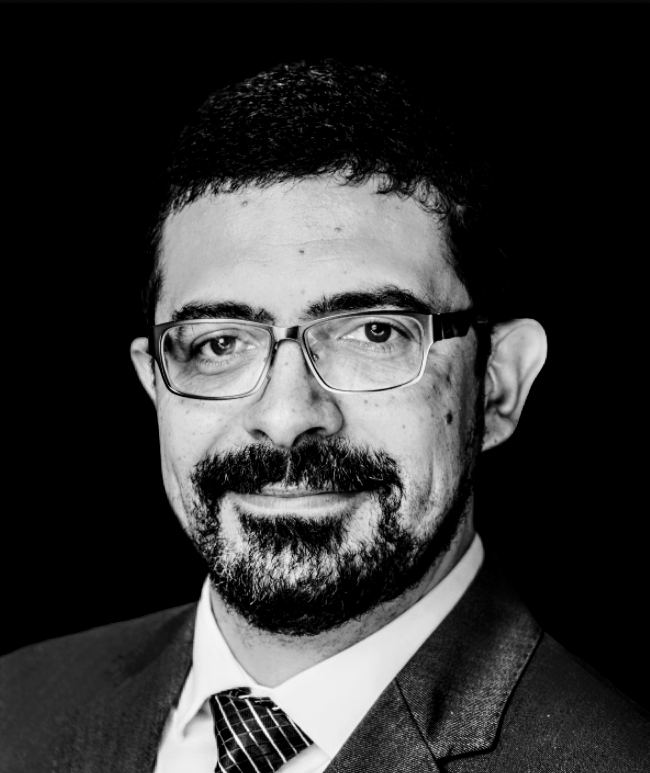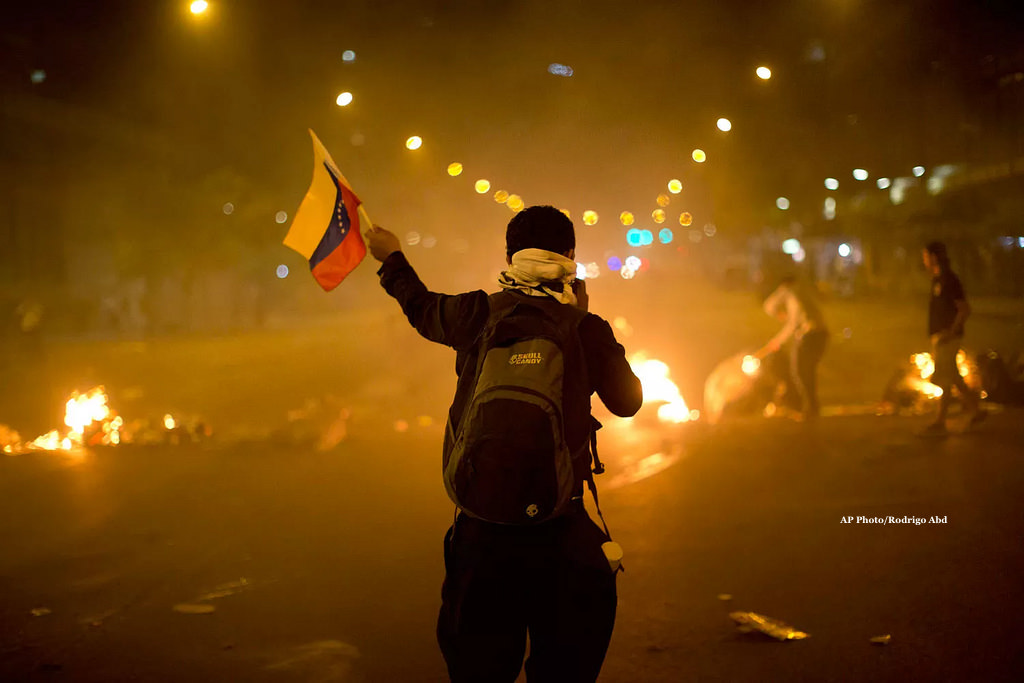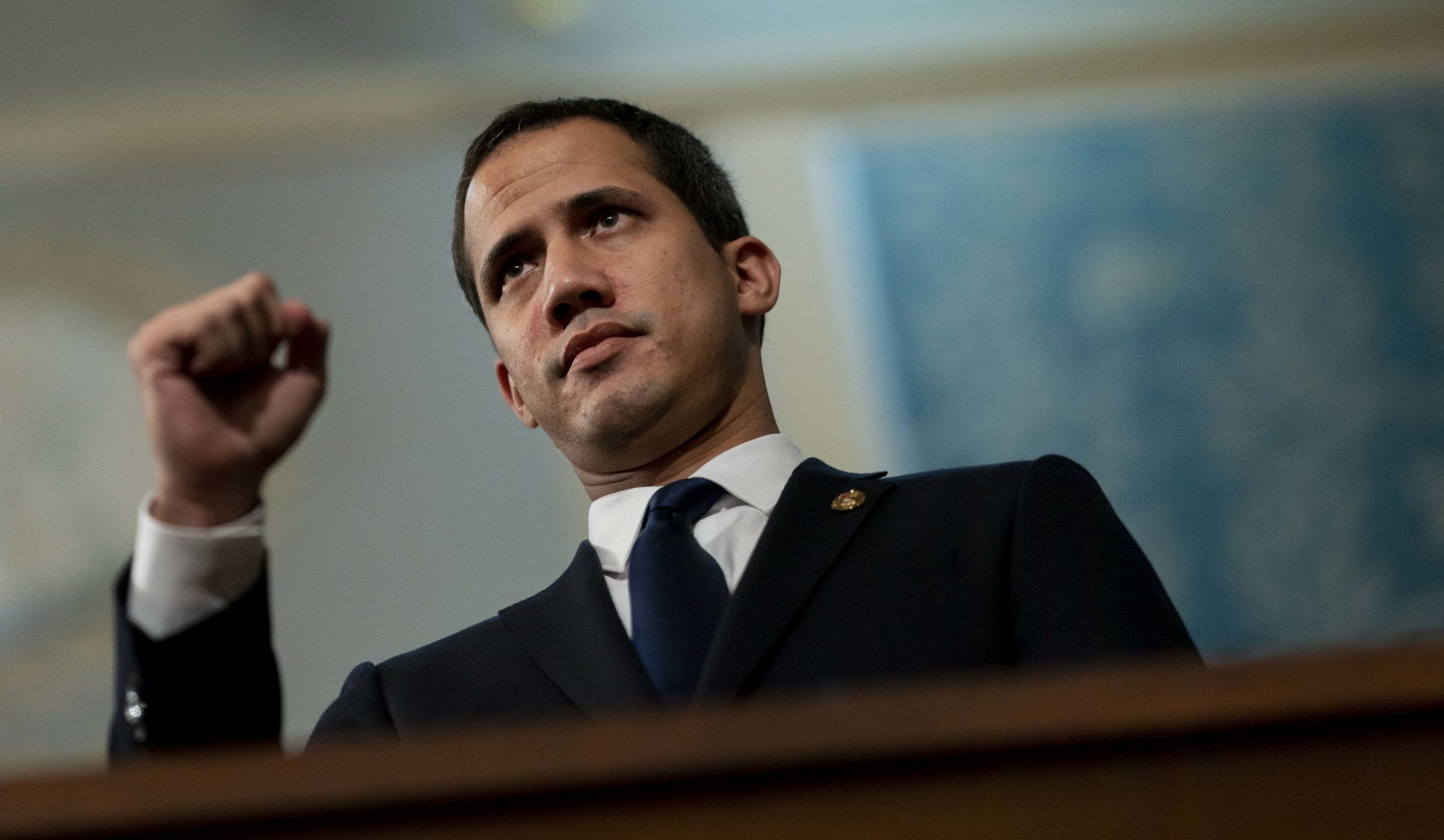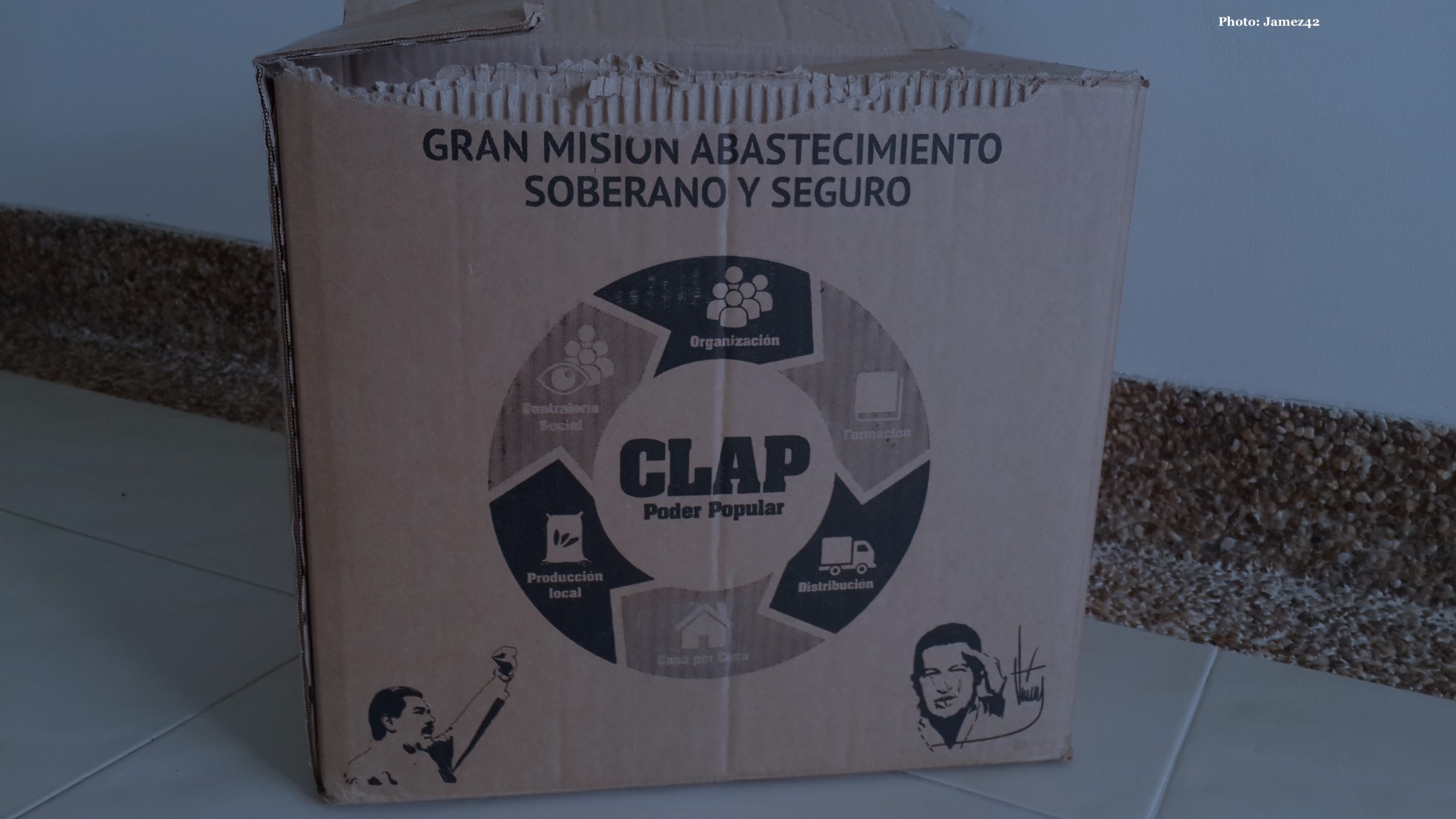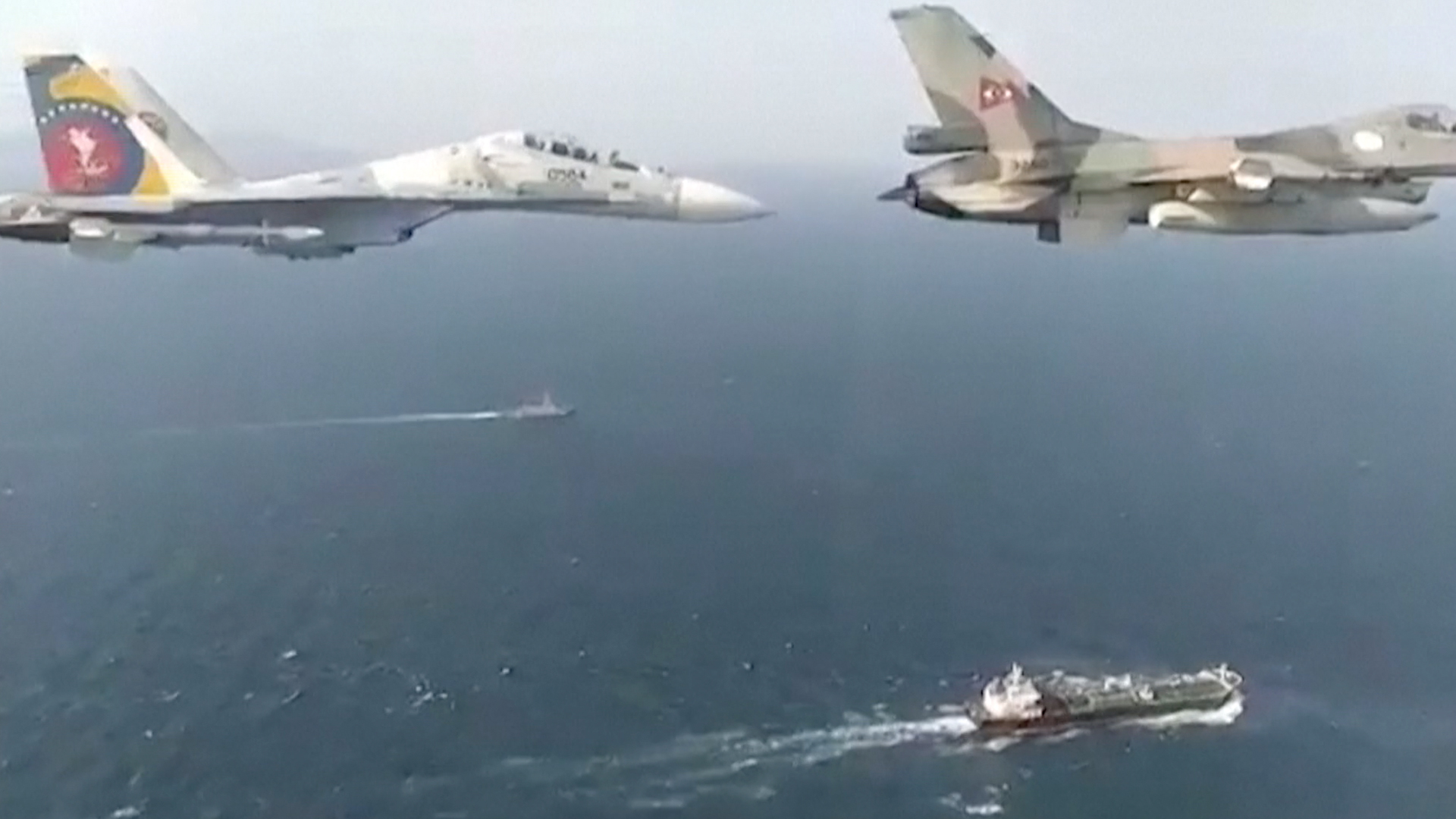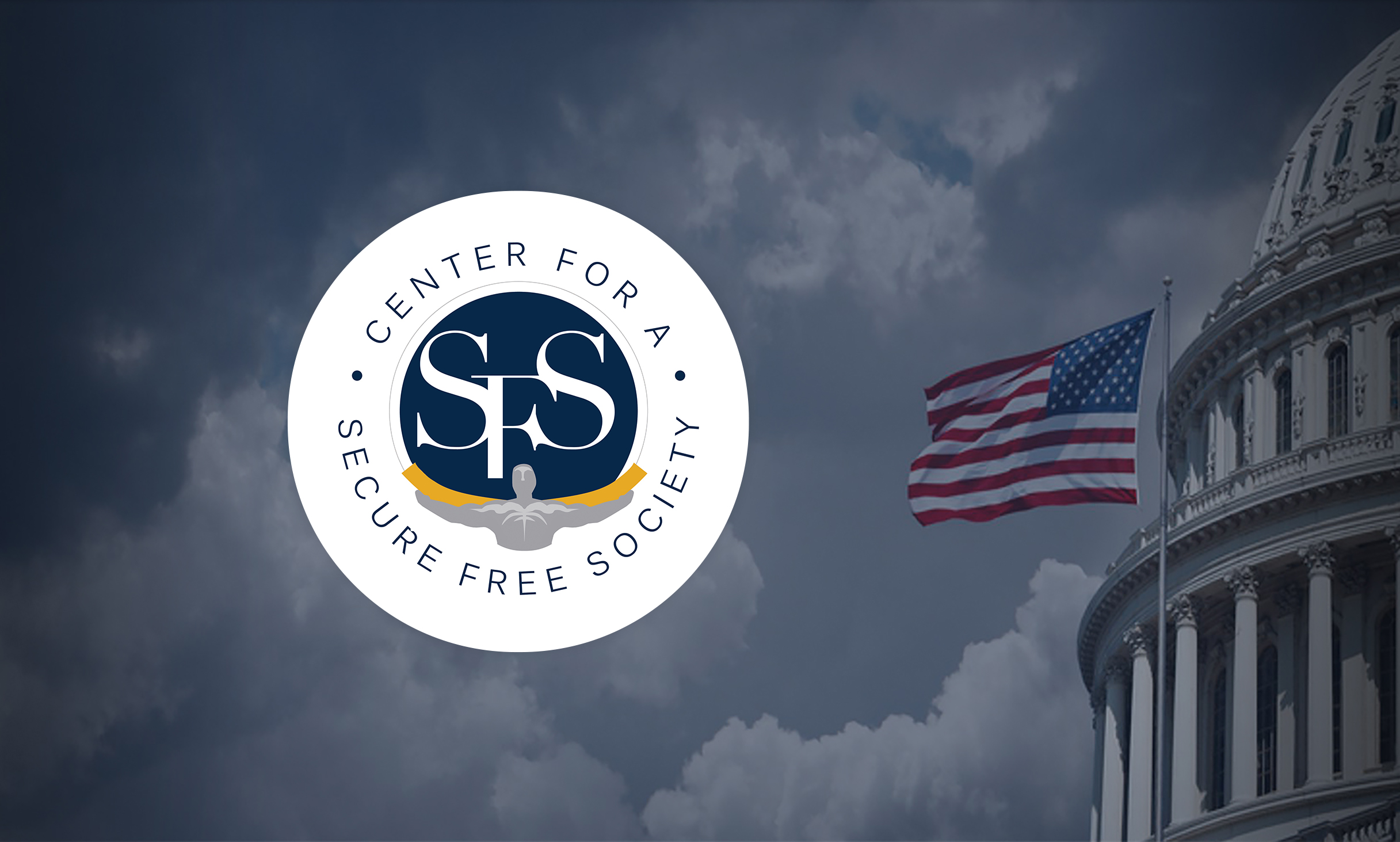Since 1999, Venezuela has undergone profound political, economic, and social change toward socialism and authoritarian control. Beginning with Hugo Chávez and his Bolivarian Revolution, in partnership with Cuba and Iran, this model was exported throughout Latin America and the Caribbean through the Bolivarian Alliance of the Americas (ALBA). Initially considered a regional political-economic integration project, the ALBA and the Bolivarian Revolution morphed into an Asymmetric Warfare strategy tied to external state actors- Russia, Iran, and China- strengthening transnational organized crime and illicit actors worldwide, namely Hezbollah in Lebanon, and the FARC and ELN in Colombia, among others.
At SFS, we have a term for this growing alliance of malign anti-American actors – Venezuela, Russia, Iran, and China – we call them “the VRIC” as a play off the term BRIC coined by Jim O’Neill in 2001. But rather than representing emerging economies challenging the U.S. for global market share, the VRIC is a 21st-century global security, defense, and intelligence alliance that is challenging U.S. national security.
After Chávez died in 2013, the regime control transferred to the former foreign minister and vice president, Nicolás Maduro, driving Venezuela into the largest humanitarian crises in the history of the Western Hemisphere and the second largest refugee/migrant outflow in the world, second only to Syria. With almost 6 million Venezuelan migrants and refugees leaving the country since 2014, the crisis has spiraled to conflict using new tools of asymmetric warfare such as strategic engineered mass migration, robust foreign disinformation, and crime-terror convergence to destabilize Venezuela’s neighbors and the region as a whole.
The fight for freedom and security in Venezuela has formed two blocs worldwide: those who support and those who oppose the Maduro regime. Maduro’s top extra-regional allies, Russia, China, and Iran, increasingly use the crisis in Venezuela to counter U.S. global influence by delegitimizing efforts to free the Venezuelan people. All three extra-regional state actors are propping up the Maduro regime and prolonging the crisis in Venezuela.
SFS is a leading voice on Venezuela focused on studying, analyzing, and exposing the Transregional Threat Network that props up the Maduro regime and the associated Bolivarian Network throughout Latin America and the Caribbean. Through field research and geopolitical analysis, SFS publishes several policy reports and holds high-level policy events about the crisis in Venezuela, engaging the international press, and continuously briefing U.S. and international policymakers about the ongoing Venezuela crisis.
Our VRIC Transregional Threats Program aims to enhance the understanding of the crisis from a geopolitical perspective and maps the state and non-state alliances with Iran, Russia, China, as well as their disinformation efforts in Latin America and the Caribbean. The featured publications of the program are the VRIC Monitor, a monthly report tracking extra-regional presence and activities through open source reporting by the international press. And the Venezuela series of the Transregional Threats Journal, publishing periodic scholarly articles about specific national security issues related to the crisis in Venezuela.
SFS leverages our global network and regional expertise on Latin America to find policy solutions to the most pressing national security challenge for the United States and partners in the Western Hemisphere.
PROGRAM EXPERTS

José Gustavo Arocha
Senior Fellow
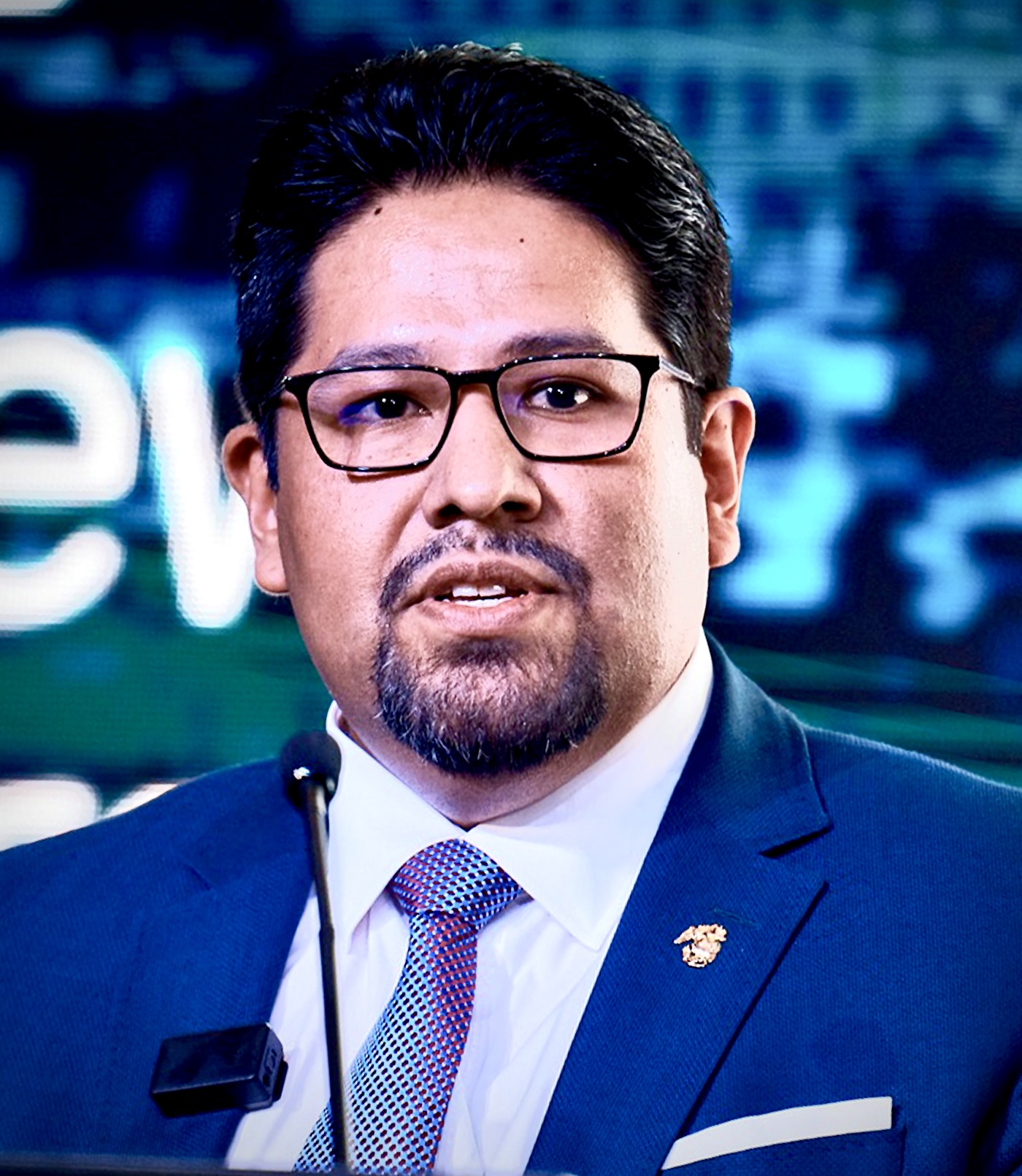
Joseph M. Humire
Executive Director
